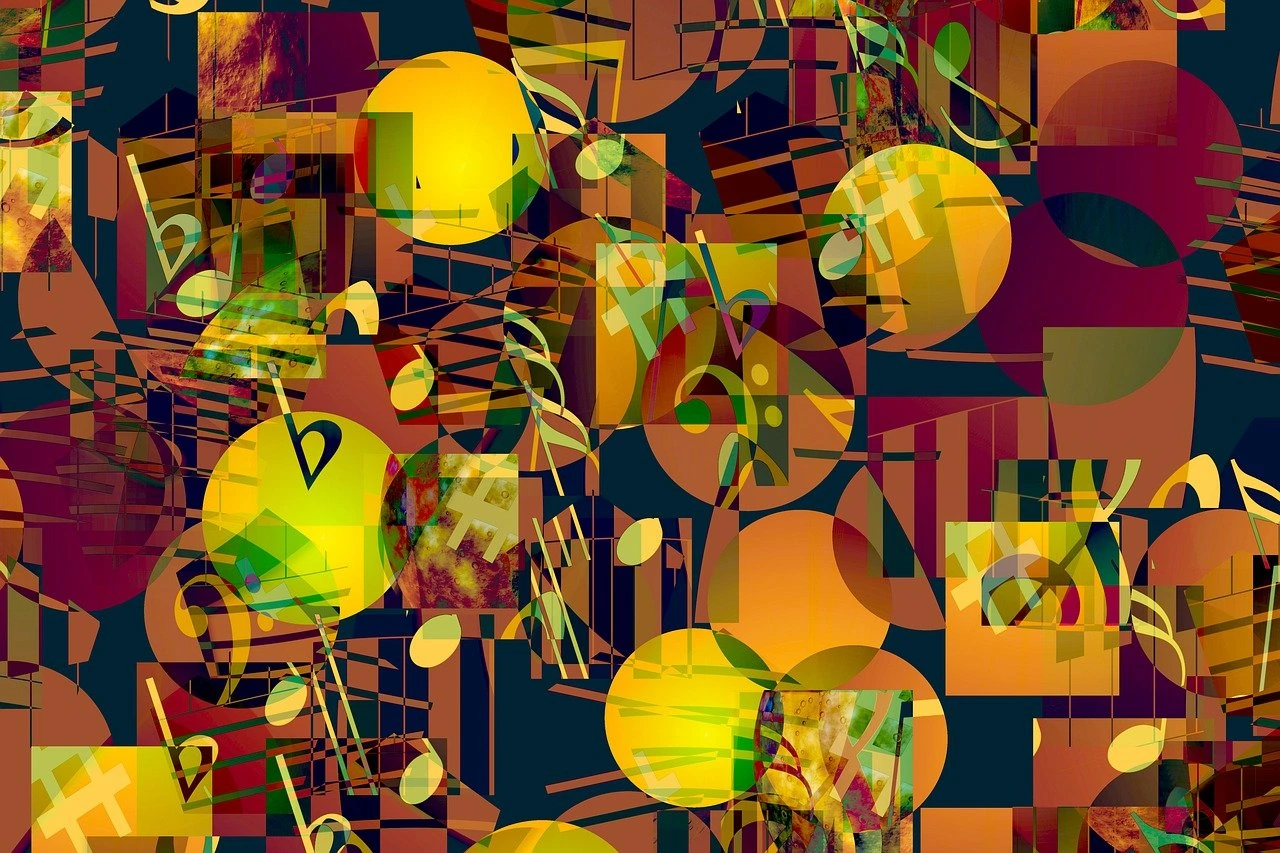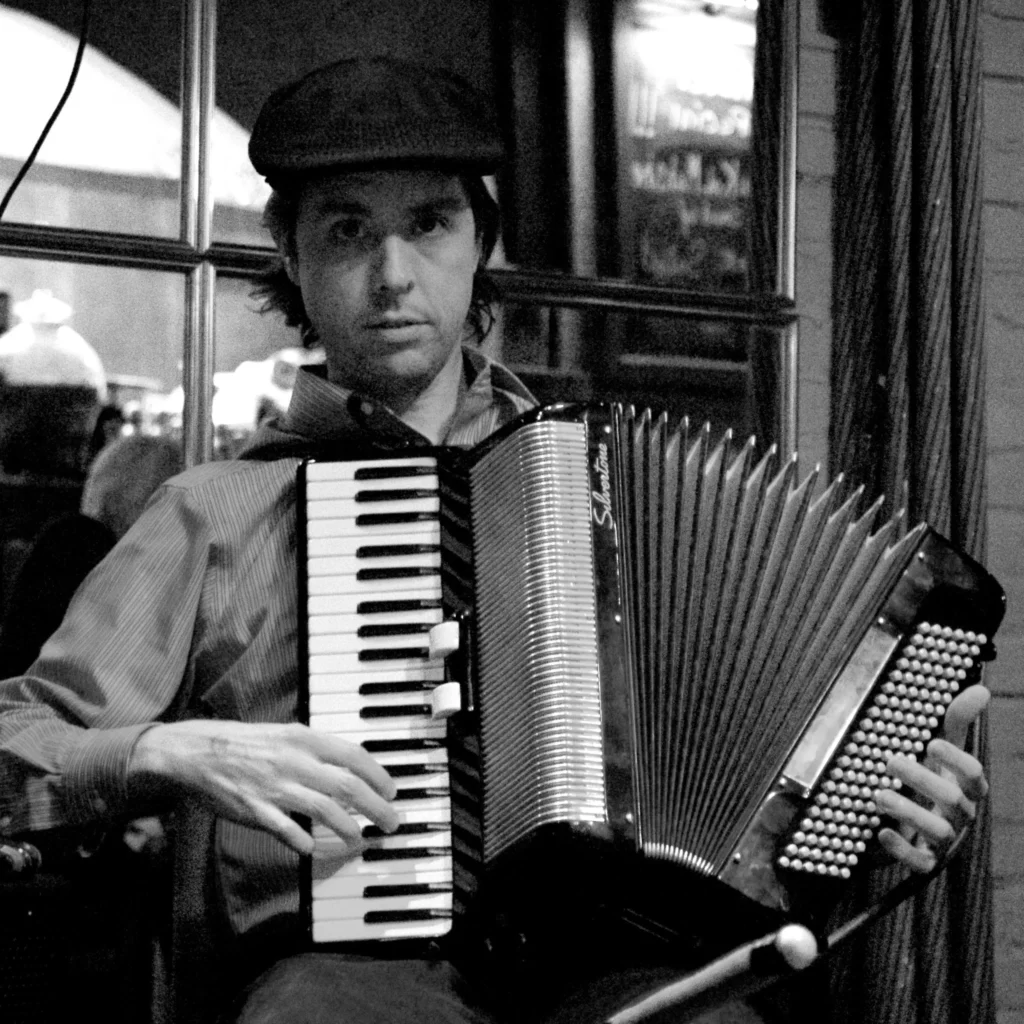
An Interview with Ron Perovich
Words By Ron Perovich, Interview by Skyler Boudreau, Art By Gerd Altmann
How did the concept for “Sayir” come to fruition?
I ran across a writing contest from Jerry Jazz Musician. I saw the contest as an opportunity to write about something other entrants probably wouldn’t be covering, but I had more than enough enthusiasm to go on about: the joy of entering a new world of music.
The concept of the story came paired with the title. In Arabic music, one way the different modes are defined in a taqsim is by the melodic path they follow called the sayir. It might be an ascending mode where the melody starts from the bottom and climbs to the top, or a descending mode that starts high up but falls down to a lower resting spot. Sammy’s solo follows a musical sayir, but it also tells his own sayir on his journey from his past to the present.
“Sayir” incorporates a lot of Arabic music traditions, such as the taqsim. What drew you to write about Arabic music? Did you have any specific songs in mind when you described the narrator’s reaction to the music?
I’ve been a student of Arabic and other folk music genres for a couple decades, and I play a lot of traditional instruments from those regions, including the Oud. I love the improvisational, never-the-same-song-twice quality to the genre and the anti-pop appeal when a song builds connections across multiple generations. The taqsim are especially a joy to get lost in. It takes the stress of memorization or recollection away from playing and lets you enjoy each moment of playing or listening. Even just generally, I like studying musical traditions and theories different from ones I’ve heard my whole life.
The story’s casual restaurant gig was based on typical suite arrangements, usually a mix of classical, folk, and standards, separated by those taqsim solos to tie it together. I thought a lot about concert recordings of the singer Sabah Fakhri later in his career and the amazing power still in his voice. I could hear Sammy singing Fakhri’s versions of songs like Al Arasiyya or Fog Al Nakhel in my head, but I also thought of Hamza Al Din’s very tender recording of Lamma Bada Yata Thanna on the oud, which is the 10-beat song mentioned in the story.
In “Sayir,” the narrator and Sammy discuss how music can communicate a story. As a musician and composer, have you ever found the stories you write influence the stories in your music, or vice versa?
Only on a broad philosophical level so far. For instance, one of the seeds of this story came from the way playing a taqsim solo has been explained to me in the past, that it tells a story. I don’t think they meant a literal narrative, like I tried to do here, but as a metaphor for pacing and how you manage the energy and flow, how you arrive at an end, etc. I think the metaphor works going the other way too. Writing benefits if you play with your pacing and flow like a musician, changing your tempos and moods at just the right spots in just the right order to land your audience right where you want them emotionally.

Sammy uses music to tell a story within your story. Was this an intentional element you included or is it something that appeared as you drafted?
I had the conceptual idea when I started writing that there could be a parallel set of life events revealed to correspond to the modulating twists and turns of the solo, but I didn’t know the specifics until I really got rolling. I was a bit afraid to tell too much of the story in Sammy’s words. Writing characters outside of your own experience or background is one thing, but I’m also hyper aware of how a clumsy attempt at it in this situation could come across as cultural appropriation or stereotyping. I’m still crossing my fingers I did a good enough job to respectfully represent the culture and the craft.
What book are you most looking forward to reading in 2025 and why?
I have a stack of books on my nightstand I’m not even close to getting through, so it all depends on which one I grab next. In between lots of little poetry chapbooks and collections, the next “big” book I’ll probably read is an anthology I got into that comes out later this month. It’s sometimes a confidence booster to read them and think, “They thought I was as good as these? Wow!” After that, the next read might be a book on super-niche Greek music, or possibly another of Randall Munroe’s “What If?” books. Or maybe George Martin will finally finish the next Ice and Fire book and save me from learning something! Or my wife will convince me to read more Tolkien.
The publishing process at times can feel more daunting than the writing itself. What was that process like for you and what advice would you give to aspiring authors?
I always feel a little weird giving any kind of advice on this field because I’m actually not super successful at it myself. I get rejection letters WAY more than acceptances and I still get depressed by it every time. So, I can at least pass on the advice I’d always received: get used to rejection. Try not to think of it as a roll of the dice you just keep losing, but that there’s a place out there for each piece and you just haven’t found the right home for it yet. Also, some practical advice: keep track of everything you send out and where/when you sent it. It helps enormously to see if you’ve already sent one to a “no more than 1 entry per period” publisher, or when accepted you now need to cancel your entry of that work everywhere else. Use a spreadsheet or be mindful of how you organize your files to track it.